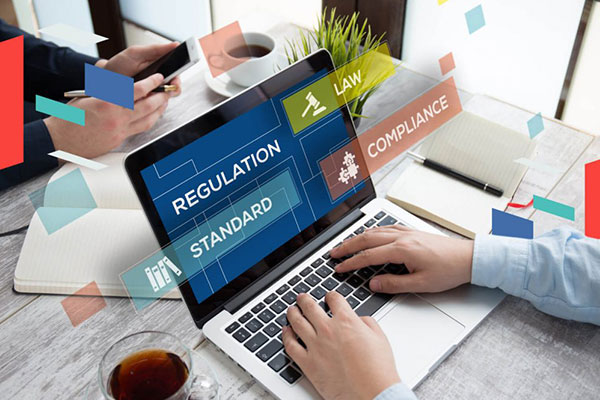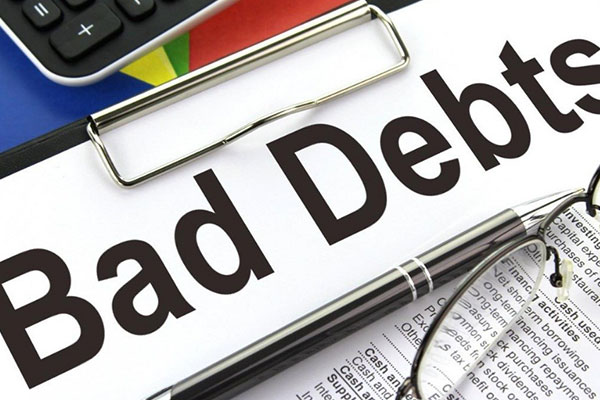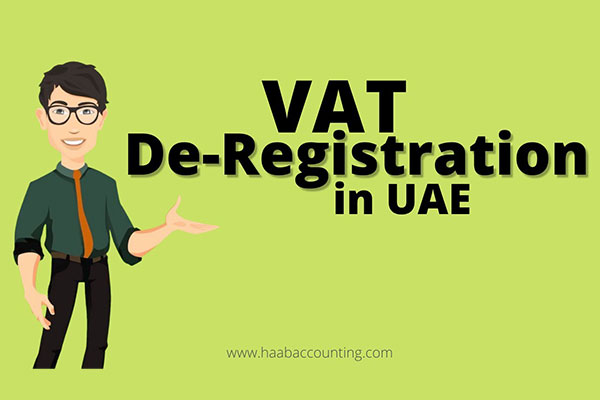Economic Substance Regulations in UAE
What is ‘Economic Substance’?
Economic substance is primarily a doctrine in the tax law of the United States – followed by several others worldwide – under which any transaction must have both a substantial purpose aside from reduction of tax liability and an economic effect aside from the tax effect in order to be considered valid.
Why the Economic Substance Regulation (ESR) in UAE ?
The United Arab Emirates (UAE) introduced Economic Substance Requirements (ESR) with Cabinet of Ministers Resolution No. 31 on 30 April 2019, which are applicable as of 1 January 2019. This is to honor the UAE’s commitment as a member of the OECD (Organisation of Economic Co-operation and Development). Inclusive Framework on BEPS (Base Erosion and Profit Shifting) , and in response to a review of the UAE tax framework by the European Union (EU) which resulted in the UAE being included on the EU list of non-cooperative jurisdictions for tax purposes (EU Blacklist).
The objective of ESR is to curb the harmful tax practices and eradicate the shell paper companies. Companies which were taking the advantage of no tax jurisdiction by shifting or parking profits will now have to prove the presence or substance.
There are potentially two broad filing requirements under the Regulations:
- Notification form and
- Annual substance return.
Who is subject to Economic Substance Regulation in UAE ?
The Economic Substance Regulations apply to natural or juridical (legal) persons, including all UAE onshore and free zone companies, branches, foundations, non-profit organisations and partnerships (referred to as “Licensees”) that carry out one or more of the “Relevant Activities” in the UAE.
Licensees that do not involve in a relevant activity during a financial period do not have to meet the economic substance test and will be exempted from the process of notifying the regulatory authority and submitting an economic substance return.
In case company hasn’t generated any income from the relevant activity, the licensee need not file an economic substance return for the relevant financial period but will have to submit a notification with the regulatory authority.
Who is exempt from the Regulations?
The following Licensees are exempt from Economic Substance Regulation:
- Licensees that are directly or indirectly at least 51% owned by the Federal or
- an Emirate Government, or
- a UAE Government body or authority,
are exempt from the Regulations.
What is Relevant Activity
Article 4 of the Economic Substance Regulation identifies any of the following activities to be a Relevant Activity:
- Banking Businesses
- Insurance Businesses
- Investment Fund Management Businesses
- Shipping Businesses
- Lease-Finance Businesses
- Distribution and Service Centre Businesses
- Headquarters Businesses
- Holding Company Businesses
- Intellectual Property Businesses
What is Economic Substance test and how to meet ?
All Licensees carrying out and deriving income from a Relevant Activity during the Financial Year are required to endure that they meet the substance and reporting requirements set out under the ESR for each Relevant Activity. In order for a licensee to demonstrate that its activities in the UAE have adequate substance, it must meet the following:
Directed and Managed Test:
The regulations contain specific requirement on how a company has to be directed and managed in the UAE.
Core Income Generating Activities’ Test:
The company has to establish these activities are undertaken in the jurisdiction and in relation to the level of income derived from the relevant activity.
Adequate Test:
Have an adequate number of qualified full-time employees in the UAE; incur an adequate amount of operating expenditure in the UAE; and hold adequate physical assets here.
What are the penalties for non-compliance?
- Failure to Notify: AED 10k to 50k Failure to provide accurate or complete information:
- Penalty of AED 10k to 50k; and
- Deemed failure to demonstrate economic substance in the UAE Failure to demonstrate sufficient economic substance in the UAE for the relevant Financial Year: First failure
- Penalty of AED 10k to 50k; and
- Information exchange with foreign competent authority of: (1) parent company, (2) ultimate parent company, and (3) ultimate beneficial owner. Second consecutive instance of failure
- Information exchange with foreign competent authority of: (1) parent company, (2) ultimate parent company, and (3) ultimate beneficial owner; and
- Penalty of AED 100k to 300k; and
- Trade / commercial licence could be: suspended, withdrawn or not renewed.
How HAAB Accounting can help you?
Our experienced team will assist you to determine whether you are within the rules and guide you as to what actions are required to ensure full compliance. We are here to help you to from creating ESR Notification until generating the final report.
Contact us for any guidance related to Economic Substance Regulation




